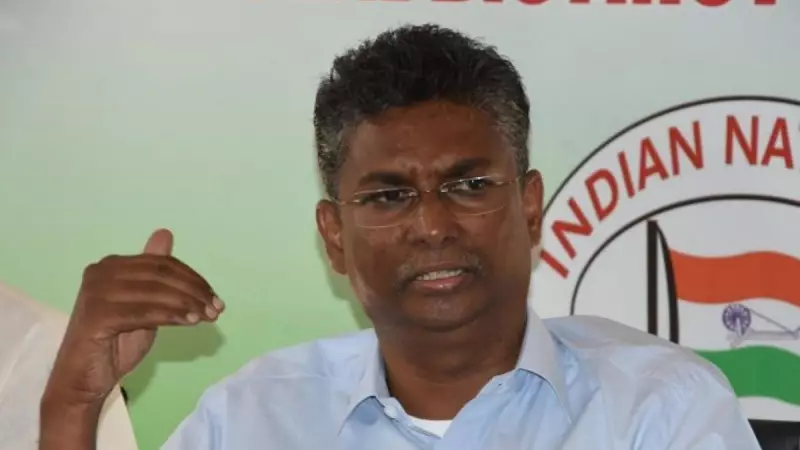
In a stunning political declaration that has sent ripples across Karnataka's political landscape, Cabinet Minister Satish Jarkiholi has openly expressed his ambition to become the state's Chief Minister following the 2028 Assembly elections.
The Public Works Department Minister made this bold revelation during a media interaction in Belagavi, stating unequivocally that he would "claim the Chief Minister's post" when the next electoral opportunity arises.
Timing and Political Calculations
Jarkiholi's announcement comes at a crucial juncture in Karnataka politics, with the Congress party currently holding power in the state. The minister's clear articulation of his chief ministerial ambitions suggests significant internal party dynamics and future leadership planning.
"I will claim the Chief Minister's post after the 2028 Assembly elections," Jarkiholi declared with remarkable candor, indicating his long-term political strategy and confidence in his growing influence within the party structure.
Background and Political Journey
As a senior Congress leader and influential politician from the Belagavi region, Jarkiholi brings substantial political weight to his announcement. His family has been a dominant force in North Karnataka politics, and his ministerial experience adds credibility to his leadership aspirations.
The minister's statement is particularly significant given that it comes well in advance of the actual electoral battle, allowing ample time for political maneuvering and alliance building within the party ranks.
Potential Impact on Congress Party Dynamics
Political analysts suggest that Jarkiholi's early declaration could:
- Trigger internal discussions about leadership succession within the Karnataka Congress
- Influence factional alignments and power equations within the party
- Shape political strategies leading up to the 2028 elections
- Potentially create new political equations in North Karnataka regions
Broader Political Implications
This announcement positions Jarkiholi as a serious contender for the state's top political post and sets the stage for what could become a compelling leadership narrative in the coming years. The timing allows for gradual consolidation of support and careful political positioning.
The minister's straightforward approach marks a departure from the usual political ambiguity surrounding such high-stakes ambitions, making this declaration particularly noteworthy in Karnataka's political discourse.
As Karnataka politics evolves toward the 2028 elections, Jarkiholi's clear statement of intent ensures that the chief ministerial question will remain a central theme in political discussions, potentially influencing both party strategies and public perception in the years ahead.






